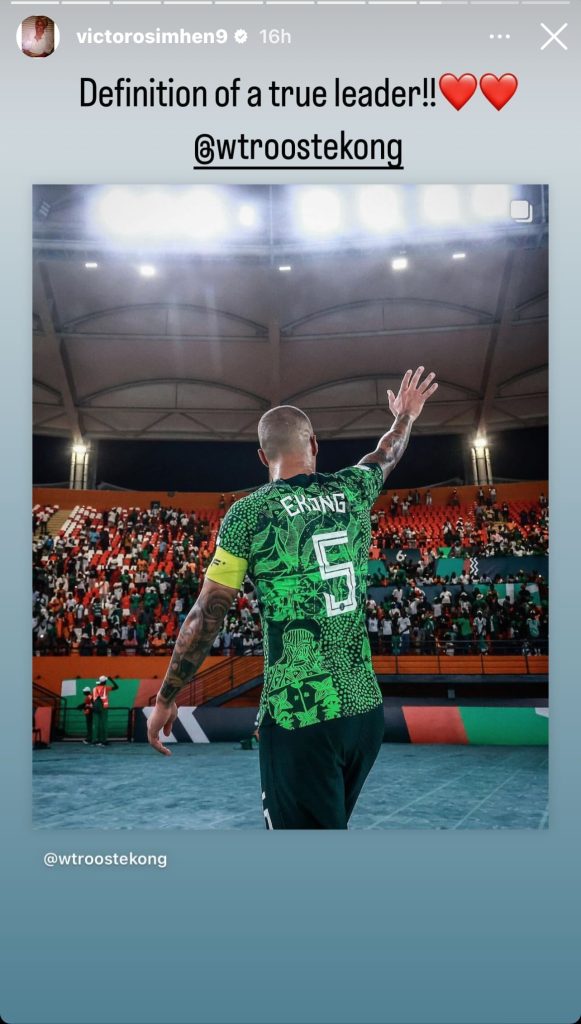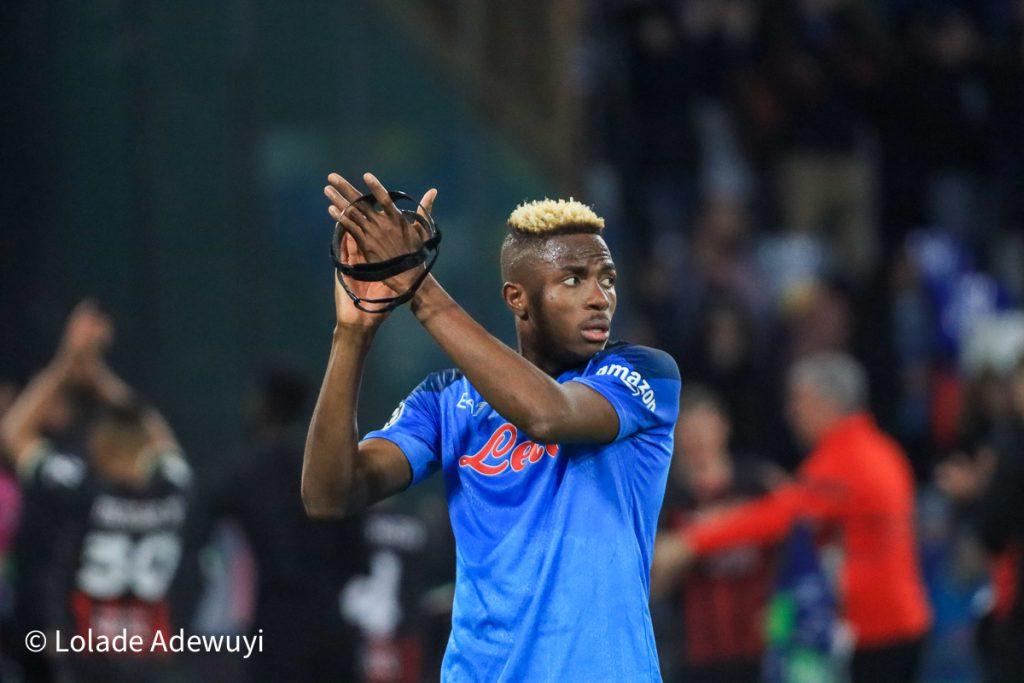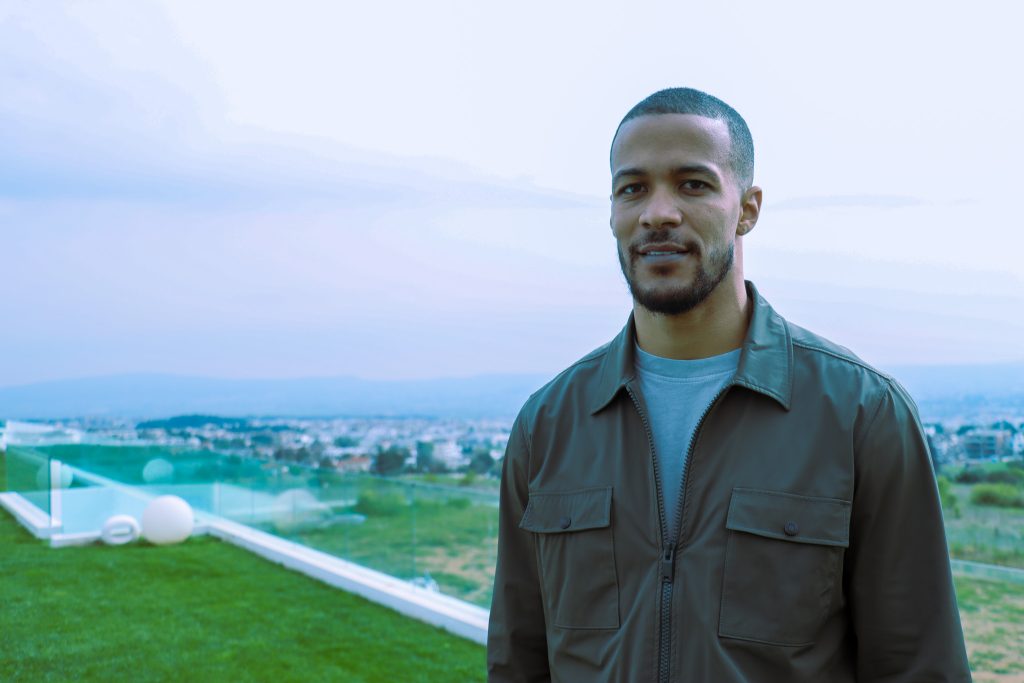William Troost-Ekong: Hero of a proud heritage

It was one of the longest walks of William Troost-Ekong’s life, as he headed to the podium to receive his Afcon Player of the Tournament prize. Along his path clapped 27 players in orange and green.
Minutes earlier, he scored a powerful header against Ivory Coast and had thought that the Africa Cup of Nations was coming back to Nigeria, only for the Super Eagles to be undone by late goals from Simon Adingra and Sebastien Haller. The trophy was so close, yet so far away.
“Looking back now, it’s left me even more hungry. When you get so close and you walk past the trophy, you want to be able to hold it in your own hands,” Ekong told Soccernet.ng in his home in Thessaloniki, Greece, where he plays for PAOK Saloniki.
The most outstanding player of the Afcon almost did not make the tournament. A few months before, in Frankfurt, Ekong told me about his frustration at not being called up for the Super Eagles by coach Jose Peseiro. But the coach made him a part of the AFCON squad, without a guarantee to start games.
“I was very driven, even more than before,” Ekong said. “I always seem to do best when I’ve got my back against the wall. And I didn’t look back.”
‘Definition of a leader’
Ekong led the team from the back and played as if his entire career depended on it. At 30, he saw a chance to write his name in history. “I wanted to be a part of this team because I really believed that we could win the Afcon, whether I played or not,” he said.
After Nigeria’s opening 1-1 draw against Equatorial Guinea, he scored the winner from the penalty spot in the second game against hosts Cote D’Ivoire, as the team’s strength began to show. Peseiro changed the formation to a three-man defence that accommodated Ekong, Semi Ajayi and Calvin Bassey, bringing solidity at the back. It was practical, even though Nigeria lost their flair. They did not concede a goal until the semifinal against South Africa.
Ekong scored from the spot against Bafana to give the Eagles the lead before a dramatic turn of events saw Bafana equalize – Victor Osimhen thought he had won it with a late goal that was reversed for the penalty that enabled South Africa to draw level.
The continent’s two leading economic powers then played a shoot-out – which Nigeria won – that left TV audiences glued across the world.
Osimhen, the team’s biggest star, posted a tribute to Ekong via Instagram stories after their earlier quarter final win against Angola.
“Definition of a true leader,” Osimhen wrote on a reposted picture of Ekong’s. It was one of the few posts he made during the month of the tournament.

Relationship with Osimhen
In April last year, I was walking briskly to enter the Diego Armando Maradona Stadium, ahead of Napoli’s UEFA Champions League quarter-final game with AC Milan, when I felt a tap on my shoulder. Behind me was the smiling face of Ekong, who played in the nearby city of Salerno, also trying to get into the stadium.
He slipped into the stadium and asked me not to share our photo on social media, in order to avert a crisis with Salernitana fans, avowed rivals of Napoli.

“I am a fan of his,” Ekong said of Osimhen, who led Napoli to their first Scudetto in 33 years last summer. “I saw his journey when he came to be a part of the Super Eagles in 2019, as an understudy of Odion Ighalo. I saw how hard he worked.”
Osimhen scored once at the Afcon but it was his work rate, chasing every ball until he ran out of breath and causing defences to tremble, that stood him out.
“He is a leader in our team, and I tell him that ‘everybody is watching you. The way you play, it drives all of us,’” said Ekong. “I just try to remind him how important he is and I think he understands that role now and what he means to Nigeria as a person and as a football player.
“I’m sure that he’s going to be a captain of the Super Eagles in future, that’s my wish for him. And for him to win the Afcon and be the leader in that moment.”
Finding Nigeria
Ekong was born in Haarlem in the Netherlands, to a Nigerian father and Dutch mom. His father was a student of economics when he met his mom, a staff of KLM. Being unable to find work after his studies, the older Ekong returned to live in Lagos and the three children always visited during the holidays, using the airline’s staff tickets.
“I felt very much at home in Nigeria, as much as I felt at home in the Netherlands,” Ekong recalled of his summer holidays. But growing up in a neighbourhood alongside another future Nigeria defender Tyronne Ebuehi, William watched the Oranje more than the Super Eagles, and went on to play for the Dutch U-19 squad. It was towards his late teens that he became more curious about his Nigerian heritage and spoke to family members.
“I had the phone call from Stephen Keshi [to play for Nigeria] and straight away I was like, “Wow, this is something special.” I know what football means to the people,” he said. “I think it has been one of the best choices that I made in my life, certainly in my career.”
He made his debut in a game in Kaduna against Chad in June 2015 and has never looked back. I was at that game and took pictures from the sidelines. Ekong reached out via Twitter, after the game, to ask for some. To watch him become team leader over the years is fulifilling.
An Akwa Ibom Hero
Among many of Ekong’s several body tattoos is a scrawl of Etinam, the local government area he hails from in Akwa Ibom state. When he first entered the Super Eagles in 2015, goalkeeper Vincent Enyeama was the other Ibomite in the team. “I was very lucky to play my first game with Vincent, he helped me so much,” he said.
Enyeama would retire from the national team shortly afterwards in acrimonious circumstances. But they have remained in touch.
Many of Nigeria’s home matches have been played in Uyo, the Akwa Ibom capital, leading to him getting closer to the people.

“When I went to play in Uyo for the first time is when I realised that this is where I am from. The people recognised me by my surname,” he said, saying that brought a deeper sense of connection.
Ekong launches his charity, the William Troost-Ekong Foundation, this June, with a novelty match at the Uyo Stadium, to raise funds for a school and other projects that he envisions.
“It is so rewarding when you feel unconditionally loved and people are proud of what you are doing. It makes me want to create more opportunities and we can hopefully see a lot more Akwa Ibom players playing for the Super Eagles. That is my responsibility now.”




